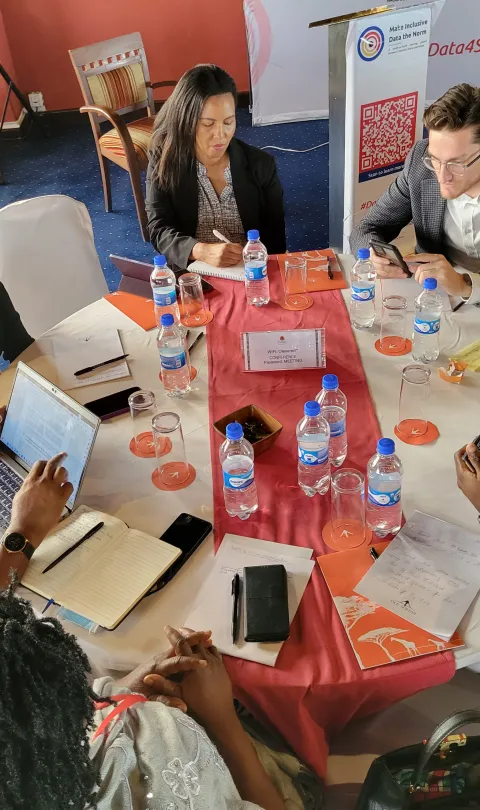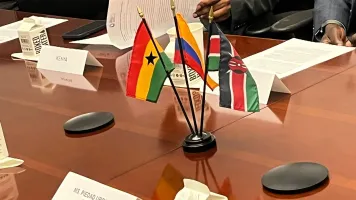When we began the Make Inclusive Data the Norm (MIDN) initiative just over a year ago, we knew we were stepping into an ambitious space. The concept was clear: to foster inclusive data systems through peer learning and shared action among Kenya, Ghana, and Colombia. But the real work, of building trust, co-creating with civil society, and embedding equity into national statistics, was always going to be more nuanced. Over the last 12 months, what has unfolded has been humbling and instructive.
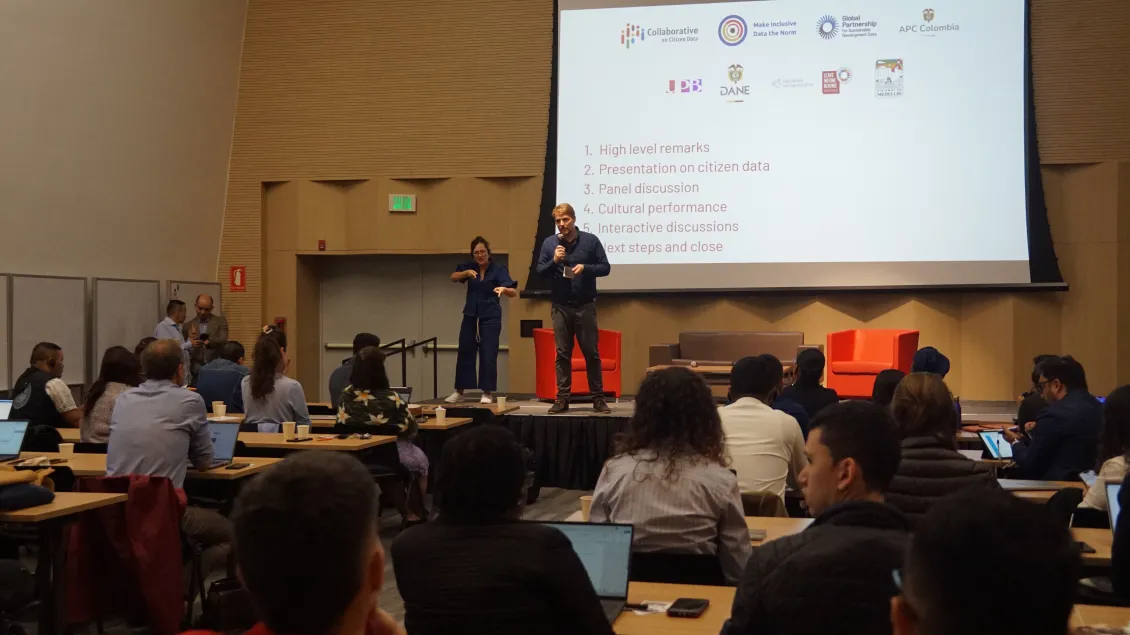
Colombia’s priority under MIDN aims to establish a National Citizen Data Framework to enhance collaboration with civil society organizations (CSOs) and assess citizen data quality, alongside creating an app for data collection on discrimination. Ghana's focus is on evaluating the prevalence of female genital mutilation (FGM) by employing citizen data through an app in selected districts of the Northern Region. Kenya’s National Bureau of Statistics is executing joint training on inclusive data for government and CSOs, advocating for inclusivity in the Kenya Strategy for Development of Statistics, and plans to support establishing a gender statistics unit in the Ministry of Gender. All three countries are also participating in virtual exchanges on gender statistics and advocacy. Supported by the Agencia Presidencial de Cooperación Internacional de Colombia (APC-Colombia), we’ve worked alongside National Statistics Offices, Ministries, CSOs, and communities across three countries to define what inclusive data looks like in practice. From Nairobi to Bogotá to Accra, one truth has remained constant: inclusion is not an outcome, it is a commitment.
As we reflect on the lessons learned, here are five insights that continue to shape our collective journey.
1. Inclusion is not an add-on; it must be institutionalized
Kenya’s experience this past year illustrates that inclusive data cannot live at the margins of statistical practice. Through their collaboration with the SDG Kenya Forum, the Kenya National Bureau of Statistics (KNBS) revised its citizen data quality criteria and formally integrated them into its statistical frameworks through the Kenya Statistical Quality Assurance Framework (KeSQAF). This was beyond a technical exercise but also a political one, showing a public commitment to valuing data from citizens and civil society and not just from traditional sources. The SDG Kenya Forum and KNBS also entered into a formal Memorandum of Understanding to work jointly to champion data and statistics, especially citizen data.
What was equally encouraging was the shift in strategy to embed capacity building directly into systems. Through partnerships with the Open Institute, Kenya is rolling out online and in-person training that prioritizes inclusion not as a module, but as a mindset.
“KNBS has standards for citizen data, but let’s not forget the place of civil society in the puzzle. Citizen data is good when it adds value. We are not trying to make everything an official statistic.”
— KNBS
2. Trust isn’t given; it must be earned and maintained
Trust has emerged as both a challenge and a currency in this work. Colombia’s national statistical office, DANE, openly shared that their early attempts to engage civil society fell flat. They assumed a mass email or online form would suffice, only to realize that CSOs viewed the process skeptically.
Rebuilding that trust required humility. It meant co-developing new engagement strategies and confronting the “language gap” between statisticians and activists. DANE’s reflections were particularly powerful:
“We thought it was as easy as sending out a questionnaire. At first, we failed to connect. We need to move away from the idea that the NSO has all the answers. Data represents people, and therefore data needs to be humanized.”
This lesson resonates deeply. If inclusion is the goal, relationship-building must be at the core of our data ecosystems.
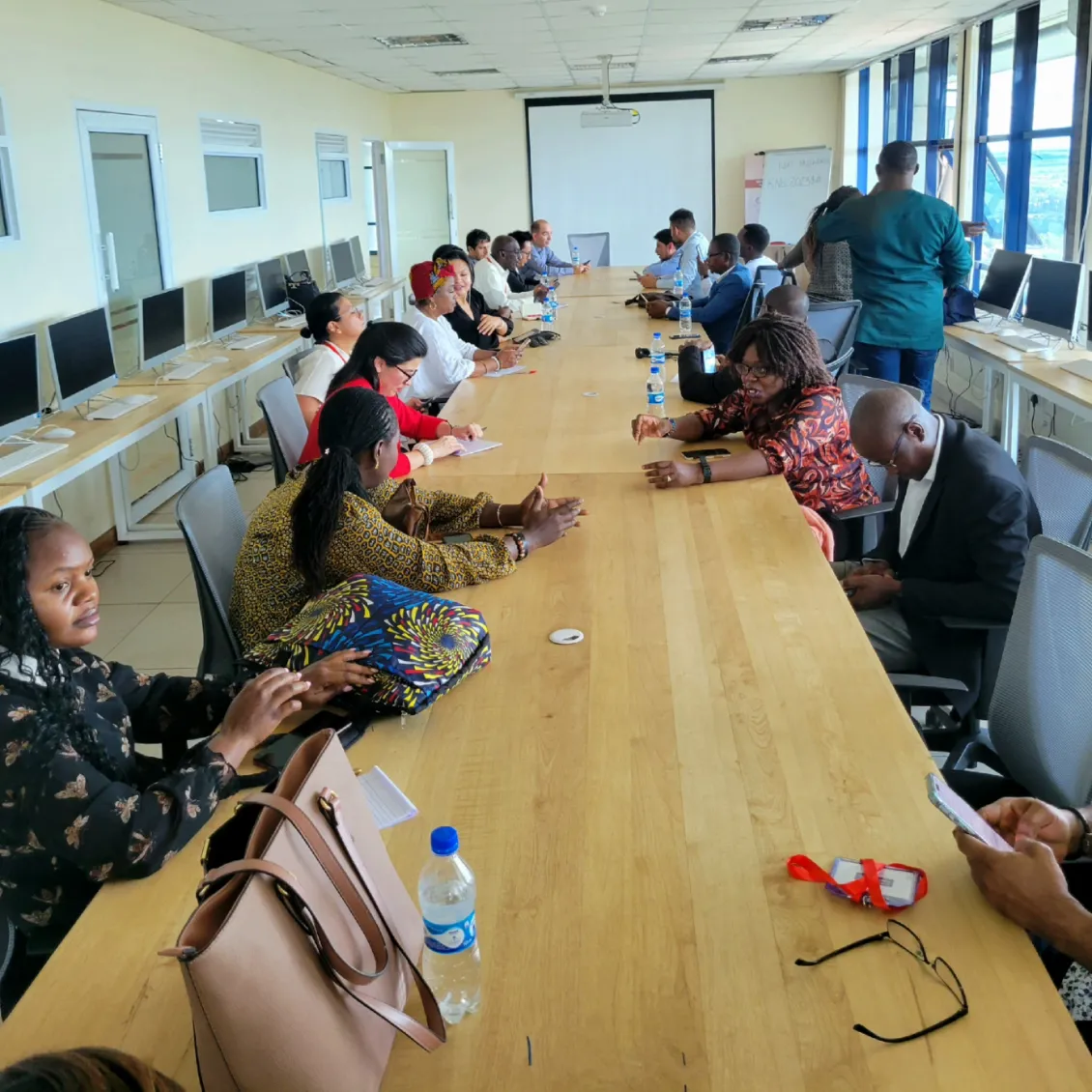
3. Co-creation strengthens both process and policy
Ghana’s approach to tackling FGM through inclusive data has demonstrated the value of stakeholder co-creation. Faced with outdated data and fragmented engagement, Ghana convened more than 40 stakeholders to design a human-centered citizen data use case.
What followed was the development of a robust, three-module training program tailored to policymakers, IT staff, and data users. This program is not only technically strong but also rooted in local realities. This process ensured that the data tools being built (including mobile apps) are more likely to be used and trusted.
“Marginalized communities must be involved in data collection and analysis. Their voices matter in shaping policies that truly reflect society’s diversity.”
— United Nations Population Fund (UNFPA), Ghana
4. Citizen data is a gateway to equity
Across all three countries, citizen data has acted as a powerful lever for surfacing excluded voices. Whether it’s the system to monitor territories used by indigenous communities in Colombia, or citizen data from disability groups in Kenya being reviewed for national inclusion, these datasets enable communities to advocate for themselves. What’s emerging is not just better data, but deeper conversations around justice, voice, and visibility.
As one Kenyan official reminded us,
“We need to use young people as changemakers, but building capacity is a key first step.”
Indeed, capacity is being built across the participating countries - technically, politically, and socially.
5. The Global South is leading by example
One of the most profound takeaways from this project is the leadership emerging from the South. Too often, data conversations are shaped by northern priorities and blueprints. But what we’ve seen in Kenya, Ghana, and Colombia is innovation rooted in context, culture, and community.
"Historically, Latin America and Africa have seen the North as the guide. Now, we are in a position to acknowledge that we have produced good knowledge."
— H.E. Pedro León Cortés Ruíz, Ambassador of Colombia to Kenya and the Permanent Representative of Colombia before the United Nations Habitat Program and UNEP
From Colombia’s maturity model for citizen data integration to Ghana’s digital feedback loop on FGM, these countries are not following global best practices; they are shaping them.
As Al Kags, Ashoka Fellow and Executive Director of the Open Institute, aptly put it:
“I’d like to see a joint project to examine one thing across three countries… an assessment of South-South cooperation. Does dialogue on data lead to other outcomes like trade or broader cooperation?”
The answer, we believe, is yes.
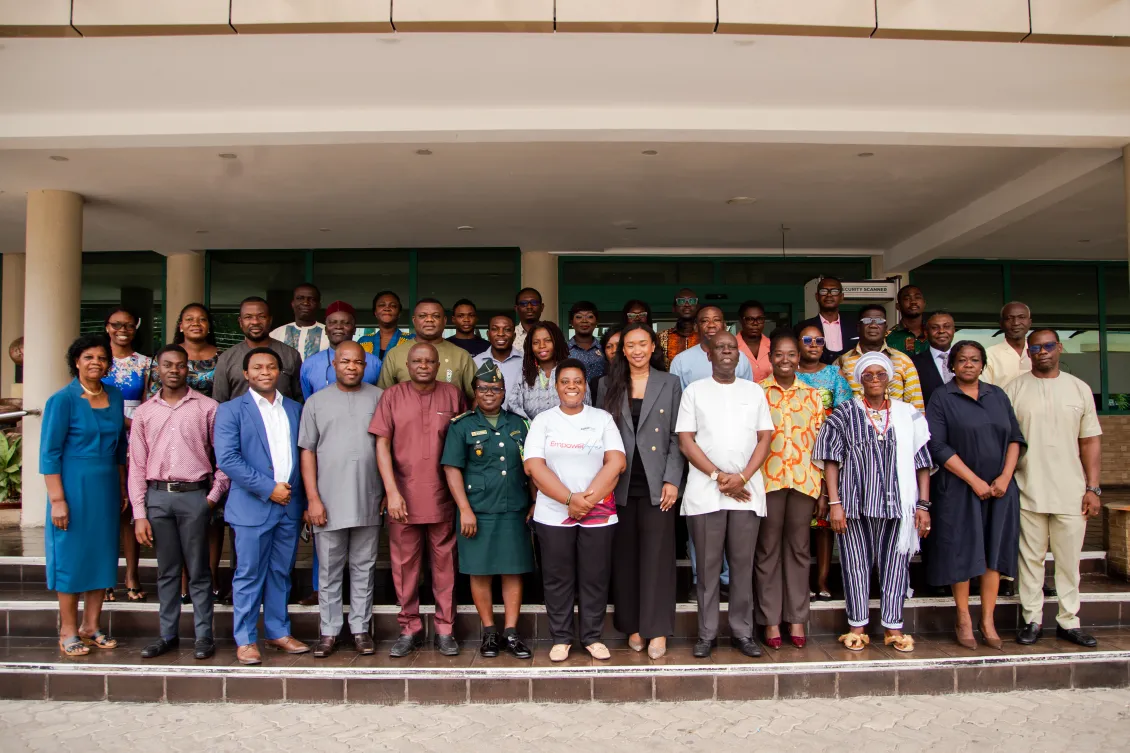
Looking ahead
In 2024, this project convened participants in Kenya, Ghana, and Colombia for learning exchanges. We will conduct national convenings and trainings to address each country's priorities, along with virtual peer exchanges leading up to our on-site meetup in Ghana. As we prepare for this convening, I find myself reflecting on the essence of this work. It’s not just about frameworks, apps, or quality criteria, although they matter. It’s about power, representation, and dignity. It’s about recognizing that data is not neutral. That who collects it, how it's collected, and what is done with it can either reinforce exclusion or dismantle it.
Our task now is to keep going, to deepen what we’ve started, amplify the voices we’ve heard, and continue learning from each other. We still have some work to do this year, including supporting practical use cases across these three countries and documenting all the learnings from this project through public goods. Because truly making inclusive data the norm requires more than commitment, it requires community.
